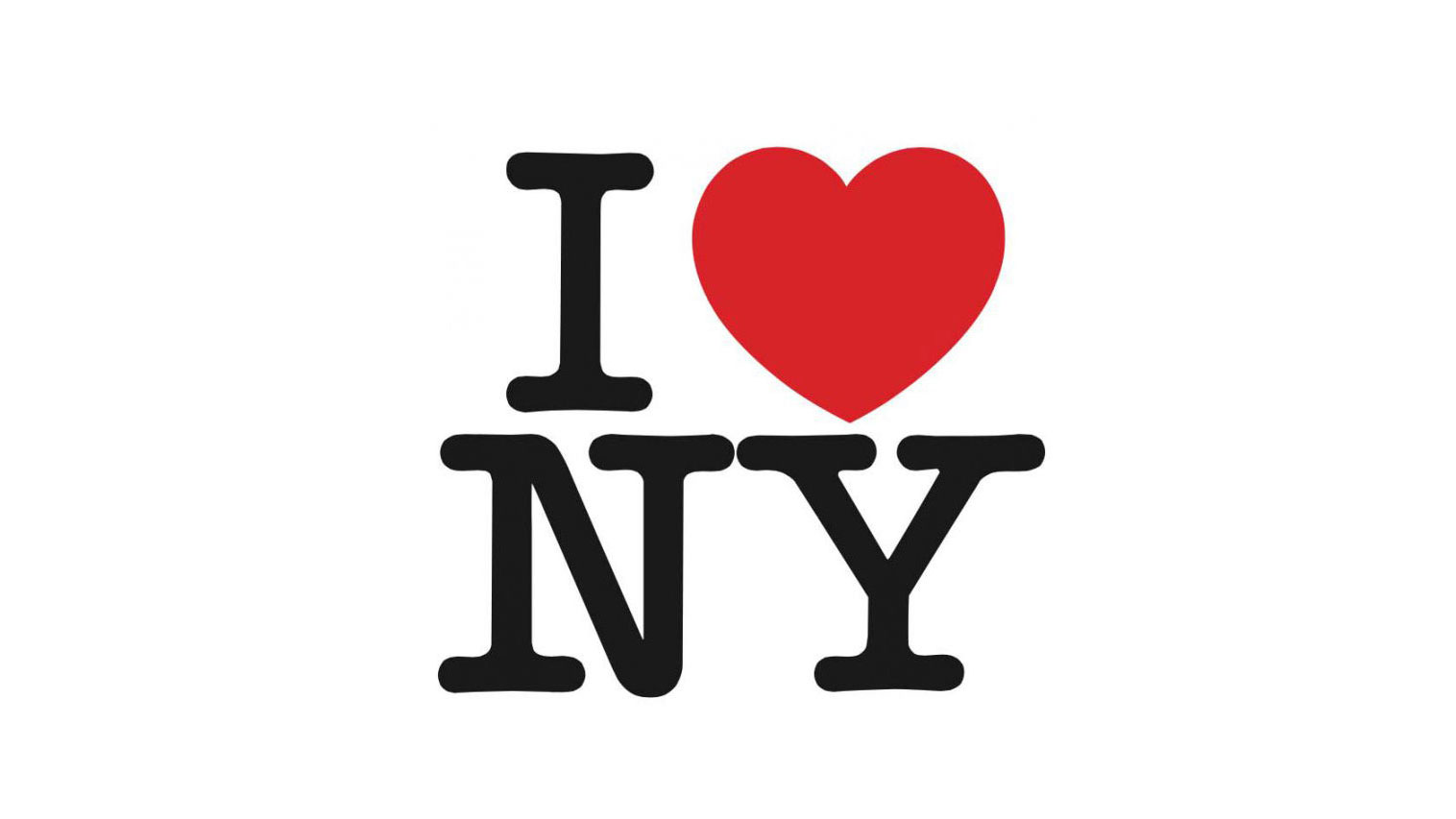2019 Dodge Logo
The 10 best logos of all time

If you're looking for the best logos of all time, you've come to the right place. In this post, we round up our pick of the top logos ever made. Even though the logo is a relatively small part of the overall identity scheme, the strength of your logo is a crucial part of branding success. To customers, logos are perhaps the most important touchpoint for a company – so important that customers latch onto them and form a bond.
Customers subliminally take meaning from these marks, and care about them. This is proven by how often the public responds loudly and fiercely to the introduction of a new logo. And why not? Michael Wolff, co-founder of branding agency Wolff Olins, has argued that a brand belongs to its customers; they define it, because they're the ones who buy its products or use its services. Unsurprisingly, logos are discussed far beyond the presentation rooms of global branding agencies.
Whether or not you have an interest in graphic design, the best logos are worth exploring. It's fascinating to find out what the BP logo looked like in 1930, or discuss the evolution of the Coca-Cola identity (or lack of evolution) over the past 125 years. Read on for our thoughts on what makes these logos so iconic, as well as key insights from the people who designed them.
For tips on how to create a brand mark that will stand the test of time, explore our logo design tips or check out our advice on where to find the best logo design inspiration. You might also want to explore our favourite monogram logos, or the best 3-letter logos ever made.
10. I love New York

The I Love New York logo seems ubiquitous and eternal today, but it was designed by Milton Glaser in 1977 for the New York State Department of Commerce in a moment of inspiration during a taxi ride through his beloved city. So universal is the design that 'to heart' has now become a verb, colloquially speaking.
Here, the legendary designer (who died in 2020) discussed his love for his home city, as well as his body of work and the role technology played in his design practice...
How important is New York City to your work?
"I've often thought about it and I can't imagine a life, for me, outside of the city. I would have found another way of being in the world and doing work, I'm sure. All I know is the nature of this city: its complexity; its diversity; that it offers so many opportunities for learning; and the fact that it's so contradictory. New York is not the most beautiful of cities. It changes all the time. It's not a city that imposes its vision on people who come in; they impose their vision here."
"Everything is open, everything is up for grabs, everything is to be questioned. That aspect of not accepting anything as being ultimate or the final truth seems to me a source of great vitality, energy and options for people. Anything can happen here. And that, of course, creates a very different environment than a culture where very little can happen."
Is there enough understanding of the past these days?
"Well, the [design] field itself is dominated by fashion and by the idea of selling stuff, so you have to be concerned with what's currently being done, and the economy is based on the idea of change and new styles, and this year's whatever. Unfortunately, that's not the real basis for serious work."
"If you're more serious about it, you have to be more concerned about durability and ideas that go beyond the moment, so I think the best designers around are always designers that have had a kind of broader look and don't change with the prevailing wind. If you find that all you're doing is copying what is already being done, you'll have no position in the field. You'll have nothing to offer and, after 20 years of doing it, you're nowhere."
What is your relationship to digital technology?
"I have an 'arm's length' relationship to it, but I'm also mad about what you can do with a computer. I love working with other people on the computer, sort of like dancing. It's a way of working collaboratively that's never been done before."
"But you have to come to it with an existing sense of form. If you don't have form and an understanding of visual phenomena, and don't understand how to draw, from my point of view, it's a very mischievous instrument because it forces you into patterns that it imposes."
Next page: Best logos ever - IBM
Current page: 10. Best logos: I love New York
Next Page 09. Best logos: IBM

Rob is editorial, graphic design and publishing lead at Transport for London. He was previously editor of Computer Arts and ImagineFX.
Related articles
Source: https://www.creativebloq.com/features/best-logos

0 Komentar